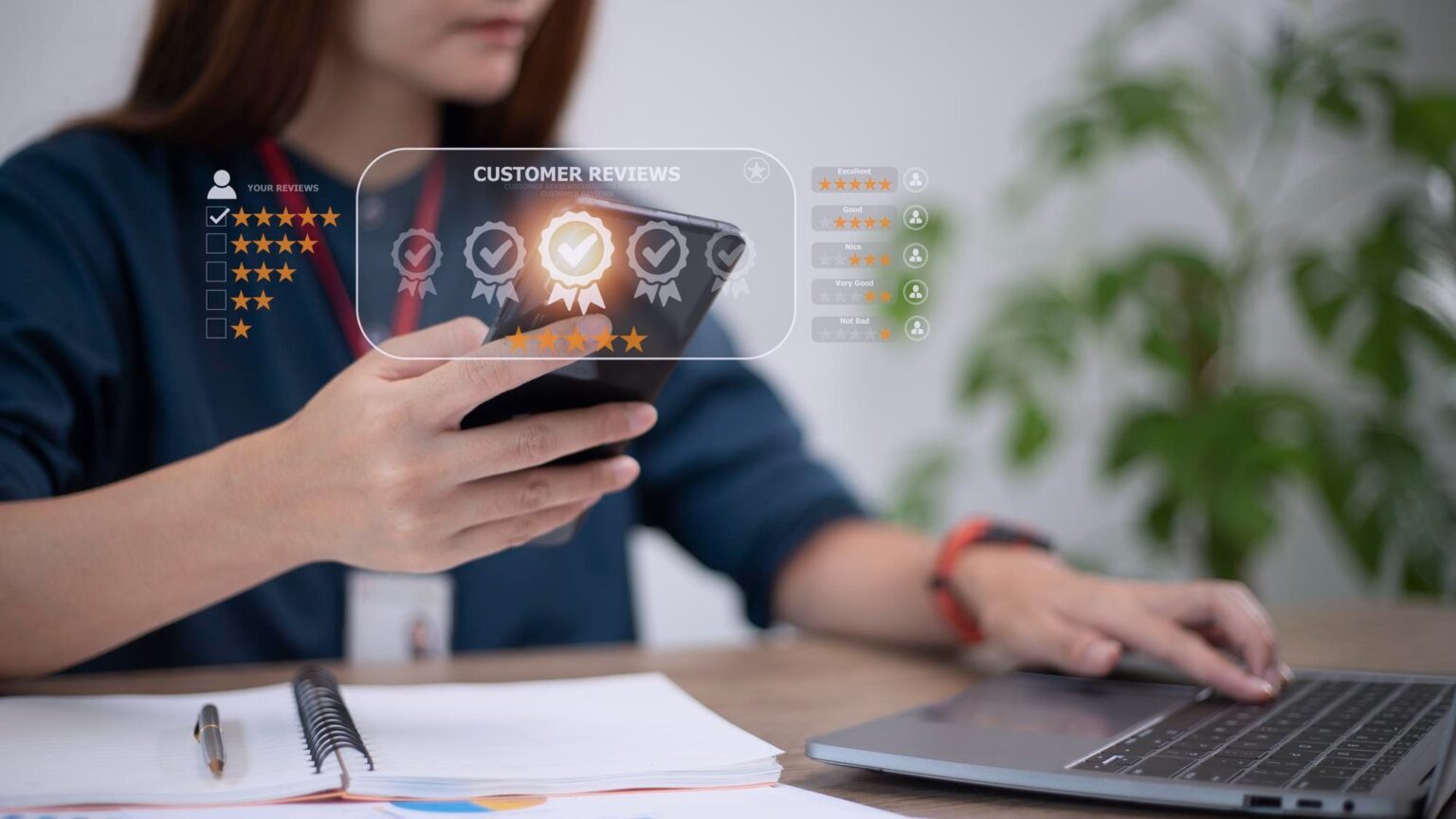Personalization and customer loyalty programs have become essential strategies for businesses in the digital age. Here’s how these two concepts work together to enhance customer experiences and foster long-term loyalty:
- Personalization: Personalization involves tailoring products, services, and experiences to meet the specific needs and preferences of individual customers. In the digital age, businesses have access to vast amounts of customer data, including purchase history, browsing behavior, demographics, and social media interactions. By leveraging this data, businesses can personalize their marketing messages, recommendations, and offers to create a more relevant and engaging customer experience.
- Customer Loyalty Programs: Customer loyalty programs are designed to incentivize repeat purchases and foster customer loyalty. These programs typically offer rewards, discounts, exclusive offers, or points-based systems that customers can accumulate and redeem for future benefits. In the digital age, loyalty programs have evolved to incorporate digital platforms, mobile apps, and personalized experiences to engage customers more effectively.
- Data-Driven Personalization: Personalization is driven by data analytics and customer insights. By analyzing customer data, businesses can understand individual preferences, purchase patterns, and behaviors. This enables them to deliver personalized product recommendations, targeted promotions, and relevant content to customers. The goal is to make customers feel understood and valued, ultimately enhancing their overall satisfaction and loyalty.
- Enhanced Customer Experiences: Personalization and loyalty programs work together to enhance customer experiences. By personalizing interactions, businesses can provide tailored recommendations, customized product offerings, and personalized messages, which create a more engaging and enjoyable customer journey. Loyalty programs complement personalization efforts by offering additional perks, rewards, and exclusive experiences that make customers feel appreciated and incentivize them to continue engaging with the brand.
- Omnichannel Personalization: In the digital age, customers interact with businesses through multiple channels, including websites, mobile apps, social media platforms, and physical stores. Personalization should be consistent and seamless across these channels to deliver a unified and personalized customer experience. This involves capturing and integrating customer data from various touchpoints and using it to personalize interactions and recommendations regardless of the channel.
- Predictive Personalization: Advanced analytics and machine learning techniques enable businesses to predict customer preferences and behaviors. By analyzing historical data and patterns, businesses can anticipate customer needs and deliver personalized recommendations in real-time. Predictive personalization helps businesses stay one step ahead, proactively offering relevant products or services to customers, and increasing the likelihood of repeat purchases and loyalty.
- Engaging Loyalty Programs: Loyalty programs should be designed to engage customers and provide ongoing value. This can include offering personalized rewards based on customer preferences and behaviors, providing exclusive access to new products or events, or creating gamified experiences to encourage participation. By continuously adding value and creating a sense of exclusivity, businesses can foster a stronger emotional connection and loyalty among customers.
- Feedback and Listening: Personalization and loyalty programs should be adaptive and responsive to customer feedback. Businesses should actively seek feedback from customers to understand their preferences, pain points, and expectations. By listening to customer feedback, businesses can refine their personalization efforts and loyalty programs, ensuring they align with customer needs and preferences.
Overall, personalization and customer loyalty programs in the digital age aim to create meaningful and tailored experiences that build stronger connections with customers. By leveraging data, technology, and customer insights, businesses can foster loyalty, increase customer satisfaction, and drive long-term success in today’s competitive marketplace.



